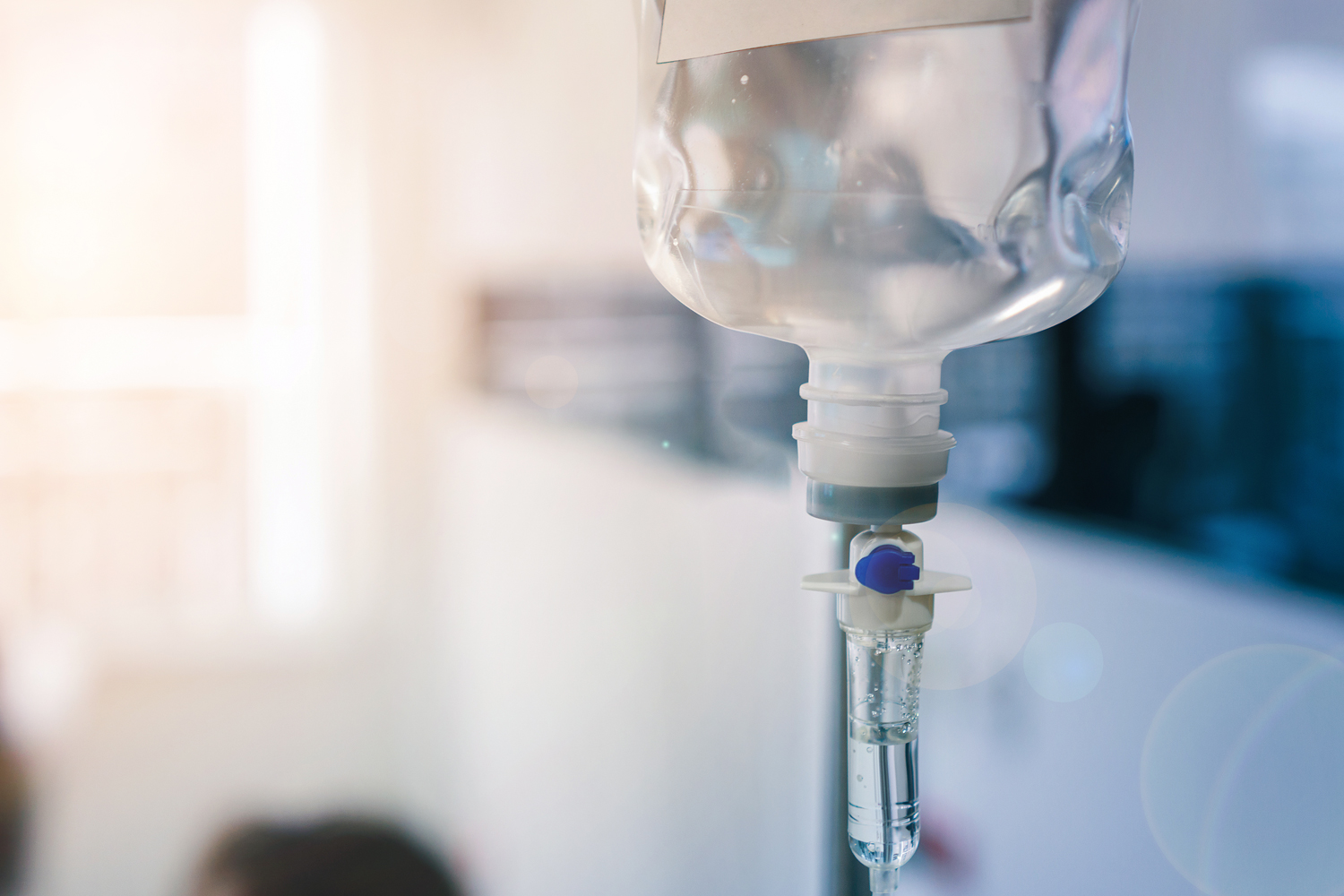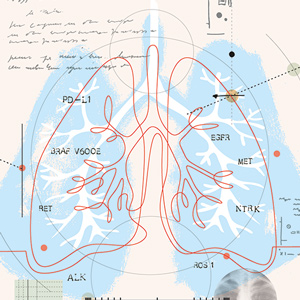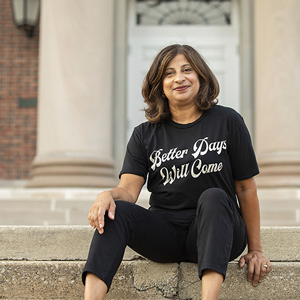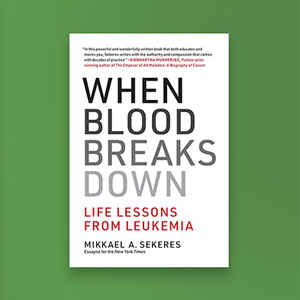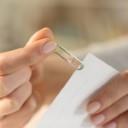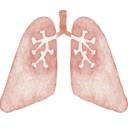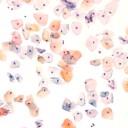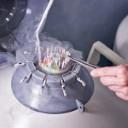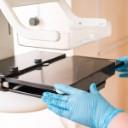-
More Choices to Treat Lung Cancer
Advances in precision medicine and immunotherapy have led to better treatments for many patients with advanced lung cancer. But having a wider selection of therapies to choose from can make treatments more complex.
by Kendall K. Morgan
-
Survivor Profile
An Unlikely PivotMedha Deoras-Sutliff's experience with breast cancer fueled her interest in advocacy for breast cancer patients and, more recently, her support for research on rare cancers.
by Lindsey Konkel
-
Q&A
The Lost Poetry of Patient StoriesMedical histories capture a vital snapshot of a patient's health status. In his new book, hematologist-oncologist Mikkael A. Sekeres provides a richer narrative.
by Marci A. Landsmann
-
Planning to Survive
Survivorship care plans can prepare cancer patients to get the best medical care and maintain their quality of life following treatment.
by Carly Flumer
-
Targeted Therapy for Early-Stage Lung Cancer?
A trial of the targeted therapy Tagrisso (osimertinib) for early-stage lung cancer finds that patients who take it go longer without having a cancer recurrence. Whether that should change clinical practice is under discussion.
by Ashley P. Taylor
-
Cervical Cancer Screening Guideline Updated
A new version of the American Cancer Society's cervical cancer screening guideline says screening can start at a later age and highlights human papillomavirus testing as the preferred method.
by Anna Azvolinsky
-
A Missed Conversation
Despite national guidelines urging oncologists to bring up risks of infertility posed by cancer treatment, many young cancer patients are never told about these risks or counseled on their fertility preservation options.
by Marcus A. Banks
-
Anal Cancer Diagnoses and Deaths Are Rising in the U.S.
Study underscores importance of early detection and prevention.
by Jane Langille
-
The Pandemic’s Impact on Cancer Screening and Detection
Delays in cancer screening and diagnosis due to the COVID-19 pandemic put people at risk.
by Kevin McLaughlin
-
The Return to Work
What happens if your workplace reopens before you're ready to return or you're an essential worker? For some people who have been diagnosed with cancer, accommodations may be possible.
by Jen Tota McGivney
Cancer Talk
Lessons From 20 Years Living With Cancer
Multiple myeloma survivor Jonathan Gluck reflects on uncertainty, and the scientific progress that has kept him living with cancer for more than two decades.
by Eric Fitzsimmons
The Enduring Importance of Cancer Disparities ResearchOpening session from AACR conference highlights how perseverance and adversity have informed cancer disparities research over the years.
by Eric Fitzsimmons
Most Cancer Survivors Don’t Meet Healthy Diet GoalsDespite research linking fruits and vegetables to cancer survival, many people do not change their eating habits after diagnosis.
by Darlene Dobkowski
Many People Don’t Get Colonoscopy After Receiving Abnormal Blood TestsAbout half of people who receive abnormal results from colorectal cancer screening tests don’t follow up with a colonoscopy.
by Laura Gesualdi Gilmore

